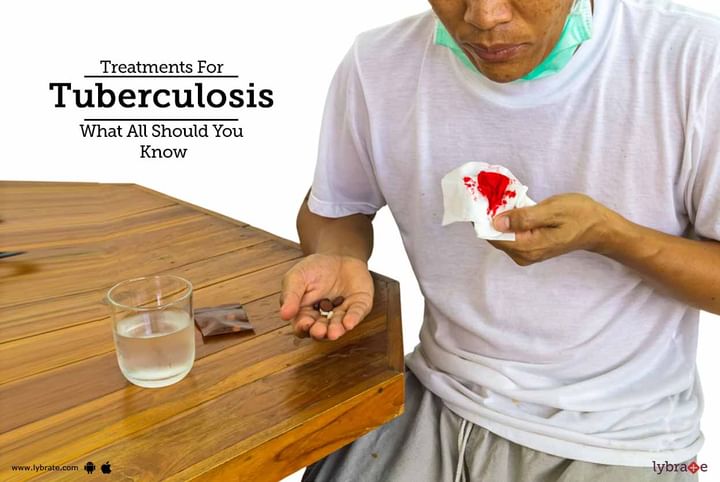Treatments For Tuberculosis - What All Should You Know
Tuberculosis is a respiratory disease that is very infectious and usually affects the lungs. It is one of the deadliest diseases that have killed millions of people worldwide. According to WHO, 9 million people get infected with tuberculosis in a year. It is one of the top reasons for death among women aged between 15 to 44 years. Symptoms can range from cough, fever, weight loss and night sweats. Moreover, it is an airborne disease meaning that people having tuberculosis can infect many others around them through coughing, sneezing or sharing a glass or cup.
The main cause of tuberculosis is a bacterium called Mycobacterium tuberculosis. However, there are two types of tuberculosis-
- Latent TB- In this condition, the bacteria causing TB is present in the body and is inactive. It is not contagious or results in any symptoms.
- Active TB- The bacteria causing TB is active and the person carrying it can infect others as well.
Diagnosis
The most common diagnostic test for tuberculosis is a skin test where an injection of PPD tuberculin which is an extract of the TB bacterium is injected into the skin. After 2 to 3 days, the doctor checks the injected site and if there is red swelling, it means that person has TB. Along with this the doctor also uses a stethoscope to gauge the condition of lungs. However, the skin test is not very accurate to know whether a person has TB or not.
Therefore, doctors also use blood tests, x-rays and sputum tests to find out whether a person has TB or not.
Treatments
Tuberculosis can be cured with medications. However, the correct medicines will depend on the type of TB you have and the period of treatment. If you have latent TB, then taking a single TB drug may be enough. But if you have active TB then you need to have proper medicines prescribed by a doctor for at least 6 months. Some common medicines used to treat TB (active) are:
- Isoniazid
- Rifampin (Rifadin, Rimactane)
- Ethambutol (Myambutol)
- Pyrazinamide
Also, antibiotics and injections are used to treat drug-resistant TB that may take longer to cure.
When taking medications or any sort of drugs for TB, one needs to be careful and look out for any side effects that can occur due to TB medications. As medicines taken for TB can cause:
- Dark Urine
- Loss of Appetite
- Nausea or Vomiting
- Jaundice
For people suffering from Tb, it is important to follow the full course of medications and not to skip taking any drugs that have been prescribed your doctor. There is a program called Directly Observed Therapy (DOT), where the heath care helper administers and look after a TB patient to ensure that the correct course and medicines are given to the patient.



+1.svg)
